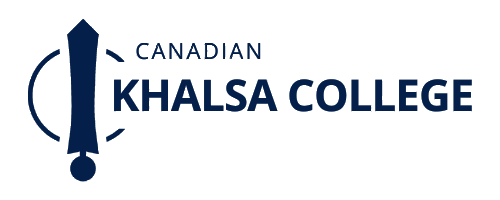Attendance and lateness policy
Attendance and lateness policy
MINIMUM ATTENDANCE REQUIREMENTS & STUDENT RESPONSIBILITIES
- Students are required to have a minimum attendance rate of sixty-five percent (65%) in each Course, with an average attendance of seventy-five percent (75%) throughout a Program.
- Students are required to avoid unnecessary absences.
- Students are required to schedule all vacations outside of class time and Practicum components.
- Students are required to provide medical documentation to support absences for three (3) or more consecutive instructional days. This medical documentation can either be faxed or emailed to Student Services.
- Students are required to provide prior notification to the relevant Faculty Member and Student Services in the event of any foreseen absences.
- Students are required to make arrangements to acquire lecture notes and assignment instructions missed due to absence.
- Late Attendance:
- Regular timely attendance for all classes and webinars is seen as integral to student success.
- In each Course, it is necessary for the Faculty Member to set the expectation that students must arrive on time for all classes and webinars.
- If a student is more than fifteen (15) minutes late for class, he or she must have to wait until break time to join his or her class and must be marked as late. Late arrivals must be counted as a half day of absence.
CALCULATING AND RECORDING ATTENDANCE
- Online students who view webinar recordings by the last day of class for the Course are considered to have attended class.
- Each class day of absence missed during each module must be considered as one (1) day of absence.
- Regular Statutory holidays do not count as class days.
REPORTING OF ABSENCES
- Any student who is unable to report to class is required to report their absence to Student Services by phone or email no later than 9:00 a.m. Pacific Standard Time (PST) on the scheduled class day.
- Any absences must be considered to be unauthorized unless there is a valid reason.
- The College must not accept illness as a valid reason for authorized absence unless it is substantiated with a doctor’s note.
ABSENCES AUTHORIZED IN ADVANCE
- In certain circumstances, the College must deem absences to be authorized.
- Absences may be authorized in advance when there is a good reason, such as the following:
- A medical appointment which cannot be arranged outside of class hours;
- A religious holiday;
- Graduation days;
- A visit to a university either to attend an open day or for an interview;
- A career-related interview;
- A Practicum placement;
- Participating in a significant extra-curricular activity (i.e. taking part in a regional or national event);
- Attendance at a funeral;
- Severe disruption to a student’s mode of transport as a result of industrial dispute or adverse climatic conditions whereby there is no practical way of getting to the College campus;
- An approved study leave.
- Absences that could not be foreseen must normally be treated as unauthorized absences.
UNACCEPTABLE REASONS FOR ABSENCE
- The following non-exhaustive list of reasons for absence must be unacceptable:
- Personal vacations;
- Part-time employment (excluding Practicum placement);
- Leisure activities;
- Birthdays.
CONSEQUENCES FOR UNAUTHORIZED ABSENCES
- As a result of being required to have a minimum attendance rate of sixty-five percent (65%) in each Course, if a student has more than thirty-five percent (35%) of class time missed due to unexcused absences, the student must receive an incomplete grade.
INSTRUCTOR RESPONSIBILITIES
- Each Faculty Member is required to record, monitor and report the attendance of all of their students.
- All Faculty Members are required to maintain an attendance record for all of their students that includes the number of hours of instruction the students attended each class day.
- All Faculty Members are required to calculate absences on a weekly basis and input the information into the Student Information System.
- Faculty Members who teach Courses with a Practicum component are responsible for tracking attendance of in-class hours only.
Canadian Khalsa College is regulated by the Private Training Institutions Branch of the Ministry of Advanced Education and Skills Training. www.privatetraininginstitutions.gov.bc.ca

